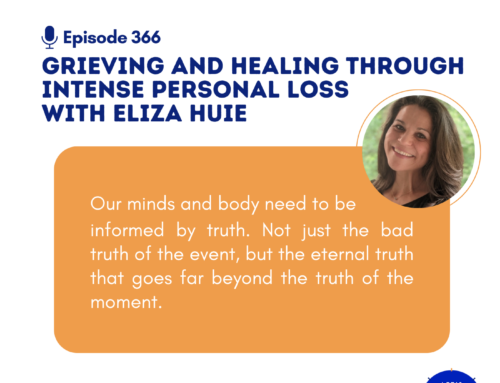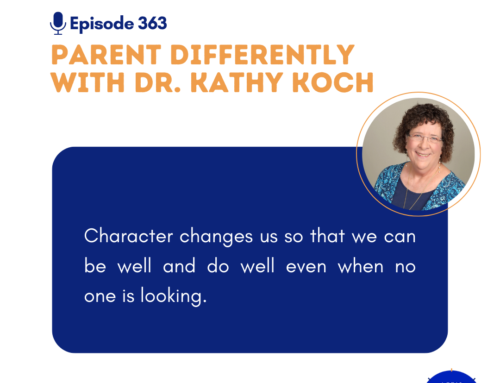You cannot have meaningful growth in your family without having hard conversations. Today I’m joined by Ellen Martin, author of A Life Shared: Meaningful Conversations with Our Kids. We talk specifically about how to leverage difficult conversational topics into real growth points in your family life.
If you find this podcast helpful, you can subscribe and click here to find past topics and free resources. Feel free to share with others, as well! If you would like to help support Let’s Parent on Purpose, you can do so by becoming a patron.
I send a weekly email called “Things for Thursday” and it includes things I’ve found helpful related to parenting, marriage, and sometimes just things I find funny! You can sign up for “Things for Thursday” by joining my newsletter on my homepage.
Thank you for your continued support of this podcast. If you have a prayer request or if you have a topic suggestion or question, please contact me at my email.
Thank you to this week’s sponsor: The Lake Tahoe Couples Getaway. November 13-16 at the Hyatt Regency on Lake Tahoe. Use this link to let them know I sent you! https://www.tahoecouplesgetaway.com/lpop
Show Highlights
Ellen Martin, author of A Life Shared: Meaningful Conversations with Our Kids, founded the ministry, A Life Shared, to empower, equip, and encourage others in their walk with Jesus. With illustrative vision, practical tools, and space to respond, Ellen offers a diverse, unique speaking ministry. As a life coach, she joins others to facilitate good work in their own lives. Twice graduate of Asbury Theological Seminary, Masters of Art in Christian Education and Master of Divinity, Ellen lives with her husband and five sons in Kentucky.
What conversations are you having with your kids? There’s a difference between what you tell your kids and what you actually share, like what you would do with a peer in a conversation.
Real conversation is just sharing life with one another. It’s talking about things that interest you, things you love, and things that matter to you. Try to find that place with your children.
Think of the way Jesus discipled – it was by telling stories in the context of what the people he was talking to would understand and relate to, not by just telling them what to think.
Hard conversations are conversations that no one wants to have. They are the awkward conversations, ones that we want to put off or evade, but you know deep down you’ll have to face them somehow. Sometimes, you just don’t know how to answer the question.
Be mindful that while you may have a lot of emotional baggage attached to certain topics, a child might just simply be asking an honest question. For them, it may not be loaded with emotion.
There are a few tools that you can use to tackle difficult conversations with your kids:
- Be honest. It may seem obvious, but it is very important. As parents it’s really easy and sometimes more convenient for us to be evasive. Being honest might mean having to share a hard reality with your kids. If you think the topic is too heavy for them at the moment, be honest about it. Tell your kids it’s not something you think you they are ready for now, but when the time comes, you will talk about it.
- Keep it simple. Answer as briefly and succinctly as you can. Kids are pretty straightforward and you should be too. If they need to know more, they will ask more. This will also help them engage more in a good conversation.
- Use terms that make sense to them. Try to see things from their perspective. Instead of assuming, ask your kids what they mean by the question they are asking. Turn the question into a meaningful conversation and you’ll really understand where they are coming from.
- Present the facts. The facts are not burdened by emotional baggage or external motivation. You can present the facts then discuss how they make you feel, but don’t assign feelings to other people because you don’t know. Also make sure that you don’t speak for others. Only present the things you know for a fact.
Be honoring, not just honest. In all your conversations, be motivated and led by love. Create a safe space for your kids to come to you with anything that is on their minds.

Resources Mentioned
- Things for Thursday: Text THINGS to 66866
- Ellen’s website: https://alifesharedwithkids.com
- Ellen’s book: A Life Shared: Meaningful Conversations with Our Kids






